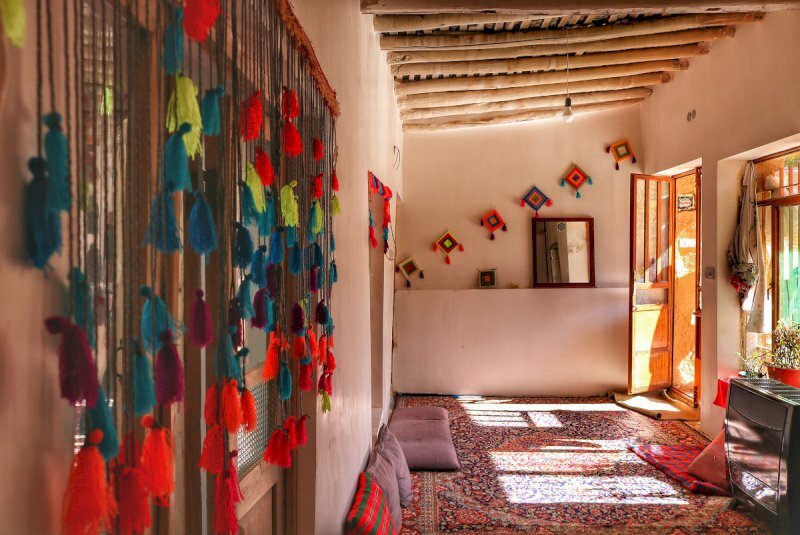North Khorasan sets new standards for its eco-lodges

TEHRAN – New standards have been defined for some 40 eco-lodge units across North Khorasan province, the deputy provincial tourism chief has said.
“To provide better and more desirable services, 40 eco-lodge units in the northeastern province have undergone standardization,” Abolfazl Esmaeili said on Sunday.
As a result of the classification of eco-lodges, there will be economic development, increased competition, and greater progress, resulting in higher quality tourism facilities for tourists and travelers, the official added.
As a four-season country with pristine and beautiful nature in different parts of the country, Iran has a lot to offer nature lovers and eco-tourists.
Eco-lodge units in rural areas and the heart of nature, away from the hustle and bustle of the city, smoke, and pollution, could free people from the chaos and turmoil of modern life.
In recent years, several historical mansions and rural houses across the country have been repurposed into eco-lodge units to attract more domestic and foreign tourists.
The houses represent the indigenous culture, local customs, traditions, and stories, while the guests are served delicious food with local ingredients.
The growing tendency of tourists to experience indigenous and local cultures has made them want to get closer to natural and indigenous living conditions, experiencing the old-fashioned way of life, considering that staying in these eco-lodge units is much cheaper than other accommodation centers.
Iran’s tourism body said in 2018 that 2,000 eco-lodges will be constructed nationwide until 2021. Experts say each eco-lodge unit generates jobs for seven to eight people on average so the scheme could create 160,000 jobs.
Having a very diverse natural setting, Iran offers varied excursions to nature lovers. Sightseers may live with a nomad or rural family or enjoy an independent stay. The country is home to abundant historical mansions, caravanserais, bathhouses, madrasas, and other massive monuments, which can buttress its budding tourism and hospitality sectors if managed appropriately and refurbished properly.
ABU/AFM
